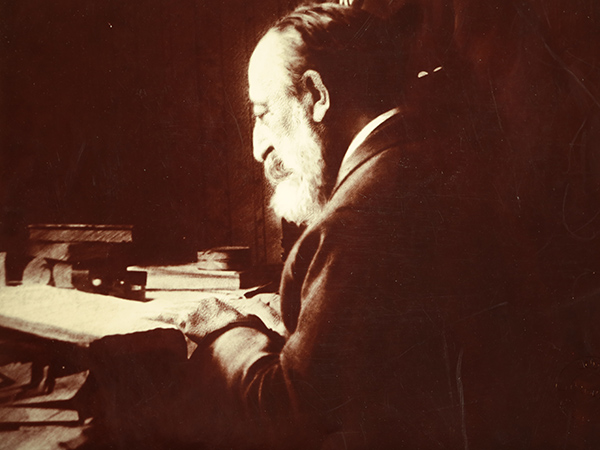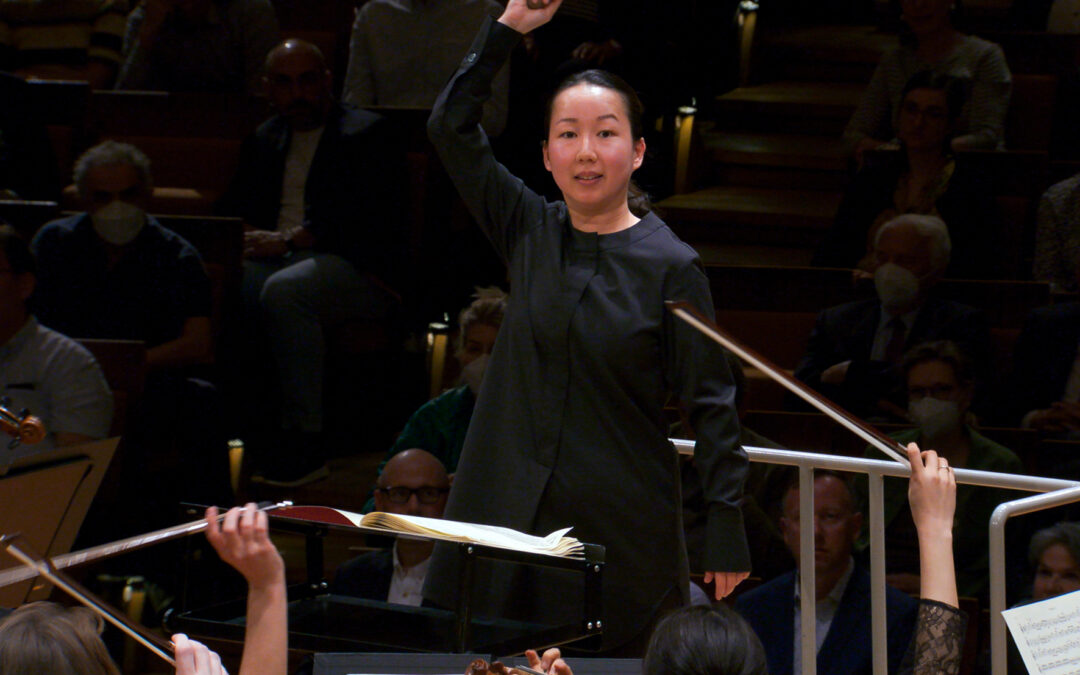
Soul of Sound – One year at the Karajan Academy
Soul of Sound – One year at the Karajan Academy
A film by Isabel Hahn & Silvia Palmigiano, ZDF/arte, 52 min, 2022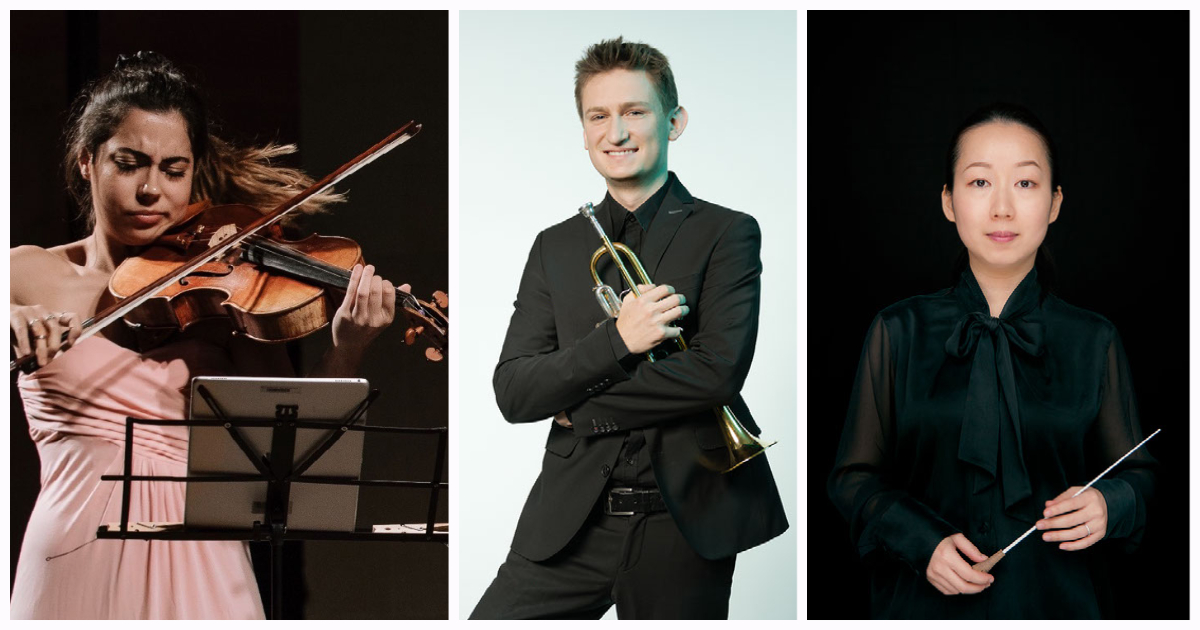
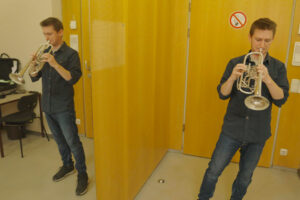
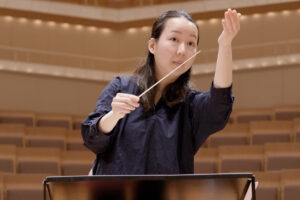
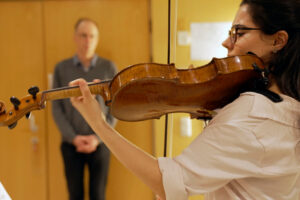





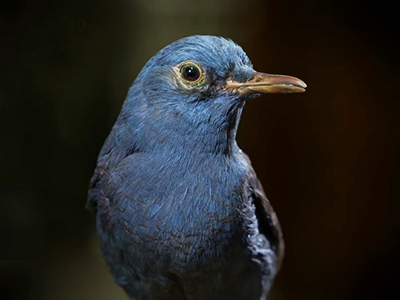
For Olivier Messiaen, birds are “the greatest musicians inhabiting our planet”. Their endless melodies with the finest tonal gradations, their diverse singing and the infinite variety of rhythms are the lifeblood of the French musician. On the occasion of the 30th anniversary of his death on April 27, 2022, we tell Olivier Messiaen’s story from the perspective of the birds.

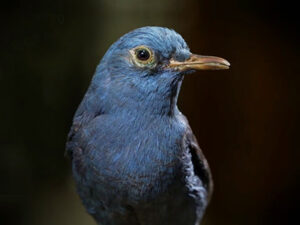

Messiaen became acquainted with birds at a young age, and when he came to Paris from the French provinces in his early 20s, they continued to flutter in his head. As organist of the parish church La Trinité in Paris, it is the birds that provide him with their songs, over which he improvises. Music lovers from all over Europe make a pilgrimage to see him. Like a saint, he attracts people. The premiere of his opera in Paris in 1983 is awaited with great excitement: In “Saint Francis of Assisi” (“Saint François d’Assise”), birds play a central role. For him, the birds are something metaphysical, the direct link to God.
Against the background of the “Voice of the Birds”, the film portrays the eventful life of the composer and ornithologist Messiaen through musical examples and narratives of selected interlocutors: There is conductor Kent Nagano, cellist Camille Thomas, Ondes Martenot interpreter Natalie Forget and organist Thomas Lacôte, Messiaen biographer Peter Hill, DJ and biologist Dominik Eulberg and, last but not least, Pierre-Laurent Aimard, who vividly explains selected passages from Messiaen’s “Catalogue d’oiseaux” (“Catalogue of Birds”).
The documentary can be viewed from April 24, 2022, online in the ARTE media library.
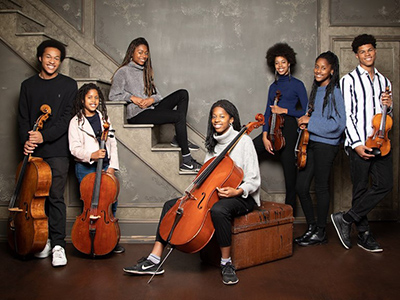
They are a family with seven children, each of them an exceptionally talented musician. The Kanneh-Mason siblings, their enormous success and their incredible energy team up to prove that classical music is not exclusively for those with fair skin and financial means. The documentary film “7 Lives of Music – The Kanneh-Mason Family” by Catharina Kleber provides moving, personal, and surprising glimpses into the private lives and the careers of this incredible family.
It all started with Sheku: The winner of “BBC Young Musician 2016” was invited to play the cello during the Royal Wedding of Prince Harry and Meghan Markle. He became world-famous overnight and pulled his siblings into the spotlight along with him. The eldest of the seven is Isata. She plays the Schleswig-Holstein-Musikfestival while her sister Jeneba debuts at the Wigmore Hall in London with her brothers, as each of the siblings makes their way through the beginnings of promising careers that will lead them to the height of their fields. Along the way, they meet some of the current greats: Simon Rattle and Christoph Eschenbach, Daniel Hope and Thomas Hampson. Every step of their path is taken together, lifting each other up and showing the younger siblings and the world: If I can do it, so can you. With this attitude, all seven play the BBC Proms and record at the legendary Abbey Road Studios
Their parents are never far from their sides, but they aren’t the drill sergeants one has come to expect from families such as the Bachs, the Mozarts or the Jacksons. Kadie and Stuart are as surprised as anyone at their children’s talent and determination. They are able to support these qualities, without pushing them.
The film is a portrait of all of the family, with glimpses of their dreams and goals but also the barriers and worries along the way. It spotlights rehearsals in the living room, battles on the soccer pitch and glamorous concerts with equal interest. The Kanneh-Mason Family know first-hand how hard it is for people of color and from outside the inner circle to succeed in the world of classical music, but they prove beyond a doubt, that it may not remain that way.
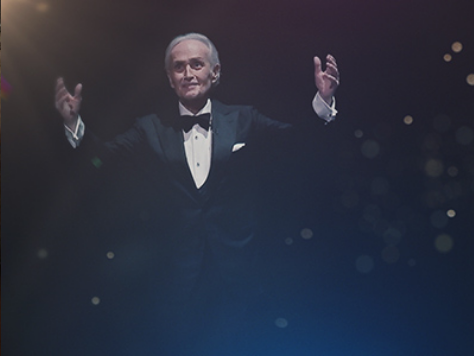
The private life of José Carreras was not always as glamorous and undiluted as his international career: his family was persecuted by the Franco regime, his mother dies of cancer when he was only 18, in the late 1980s he is diagnosed with leukemia. At that time a death sentence. Carreras takes on the fight and survives as one of the first patients to be treated with a bone marrow transplantation.
Especially the handling of tragic moments in his life reveals a lot about the human behind the opera star. He is a tireless warrior, a great communicator, and a merciless optimist. His energy is demonstrated not least in 1990 with the founding of the Three Tenors alongside Luciano Pavarotti and Placido Domingo. Shortly before their formation, Carreras was part of the first recording of Leonard Bernstein’s “West Side Story”, where he took on the lead role of Tony as the only Spanish person in the production.
The over 30 yearlong dedication for the José Carreras Leukemia Foundation is another proof of the indomitable nature of the Catalan: year after year he invites stars to his charity gala in Leipzig. Over 220 million euros have been donated to date – another impressive lifetime achievement.
The tenor gives a moving farewell concert at his second musical home: the Vienna Staatsoper. The audience expresses its gratitude with a standing ovation lasting for several minutes. Thank you and adieu to The Lucky Tenor.
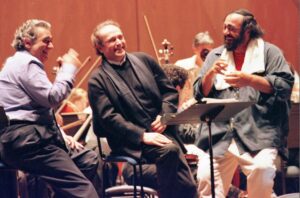
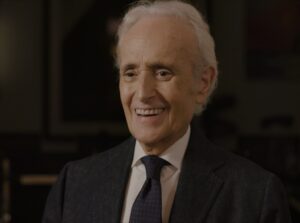
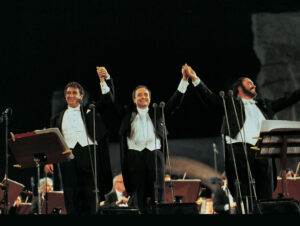
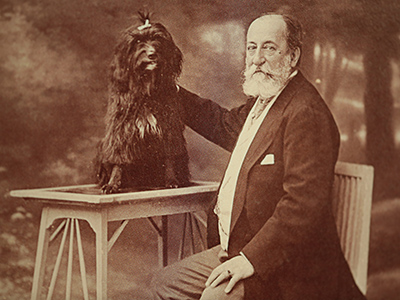
Nominated for the Rose d’Or-Award 2021 in the Category„Arts“, as well as the Golden Prague Award 2021
The “Carnival of the Animals” is his best known work. Camille Saint-Saëns never wanted to publish it during his lifetime. On the 100th anniversary of the composer’s death in December 2021, the music piece itself tells us how the dwindling act of birth occurred in the composer’s mind. It is the notes that tell us of its suffering and of its triumph on the great stages of the musical world.
According to the will of its creator, Camille Saint-Saëns’ “Carnival of the Animals” was to be performed only once, in March 1886, on Shrove Tuesday. And now this piece has stolen the show from Camille Saint-Saëns’ other works for a hundred years. Directors have brought Saint-Saëns’ music to Hollywood. At the Cannes International Film Festival, “The Aquarium” is the signature tune.
The film shows that “Carnival” is more than the musical characterization and exaggeration of various species. There are numerous contemporary historical and biographical references in “Carnival”, as revealed by Venezuelan pianist Gabriela Montero, French-Belgian cellist Camille Thomas, and U.S. organist and composer Cameron Carpenter.
For the documentary, musical notes were elaborately animated, telling us the story from the perspective of the piece of music. The role of the narrator was taken over by German actor Sebastian Koch. An orchestra specially assembled for the film lets the music of the “Carnival of the Animals” resound.
